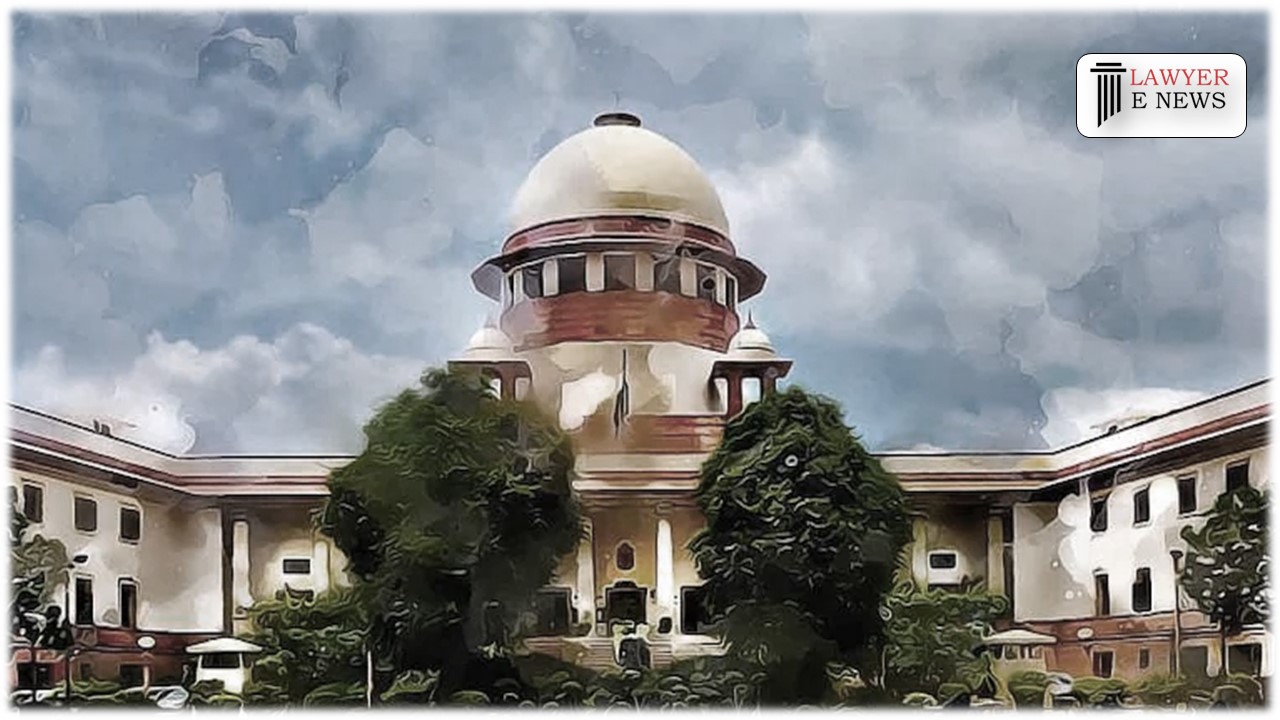-
by sayum
14 February 2026 2:22 PM



In a landmark judgment, the Supreme Court of India clarified a significant procedural aspect in civil litigation. The Court, comprising Justices B.R. Gavai and Sanjay Karol, has pronounced that “for the purposes of evidence, parties to a suit and witnesses are on the same footing,” specifically in the context of producing documents during cross-examination. This ruling came as the apex court adjudicated on Special Leave Petition (Civil) No.14445 of 2021.
The appeal, filed by Mohammed Abdul Wahid against respondents Nilofer & Anr., challenged the Bombay High Court’s interpretation of certain provisions of the Civil Procedure Code, 1908 (CPC). The crux of the matter revolved around whether a differentiation exists between a party to a suit and a witness regarding the production of documents during cross-examination.
In their detailed judgment, the Supreme Court observed that this distinction, as interpreted previously, does not align with the procedural law’s intent. The Court stated, “This understanding negates the interpretation that a party and a witness are different in the context of producing documents during cross-examination.” This observation is pivotal, as it shapes the practice of civil suits, especially regarding the fairness of the trial process and the opportunity for parties to present all relevant evidence.
The ruling also underscores the Court’s approach to interpreting procedural laws, where practical implications for the fair conduct of trials are given prominence. The judgment elaborates on this, asserting that “the production of documents at the stage of cross-examination for both a party to the suit and a witness is permissible within law.” This principle, as laid down by the Supreme Court, aims to balance the need for a comprehensive presentation of evidence with the principles of a fair trial.
The implications of this judgment are far-reaching, influencing the conduct of civil litigation across the country. By clarifying the equal treatment of parties and witnesses in the context of document production during cross-examination, the Supreme Court has streamlined an important aspect of the civil procedural law.
Date of Decision: 14th December 2023
MOHAMMED ABDUL WAHID VS NILOFER & ANR.
